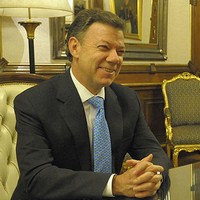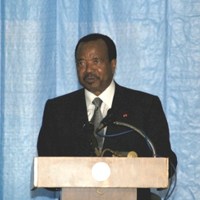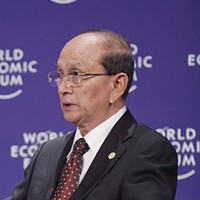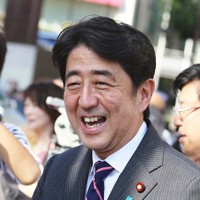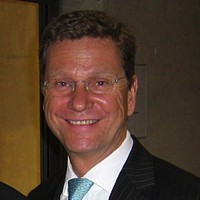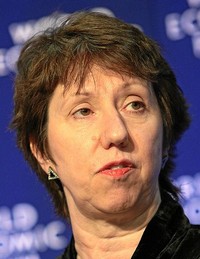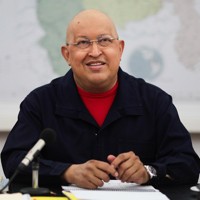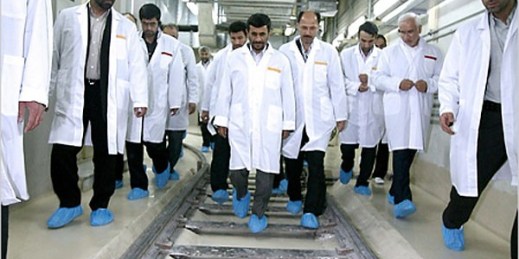
More than four years after President Barack Obama’s 2009 Prague speech declared the goal of eliminating nuclear weapons worldwide, the nuclear landscape has become more complex and precarious and shows little sign of movement toward abolition. The so-called global zero initiative has arguably been overtaken by countervailing nuclear realities. Yet the administration remains mired in a Cold War paradigm, gearing up for more U.S.-Russia arms control. Instead, the Obama administration should focus on other components of its 2010 Nuclear Posture Review as priorities for advancing nonproliferation objectives. These include securing nuclear materials, institutionalizing the Comprehensive Test Ban Treaty (CTBT), capping […]


